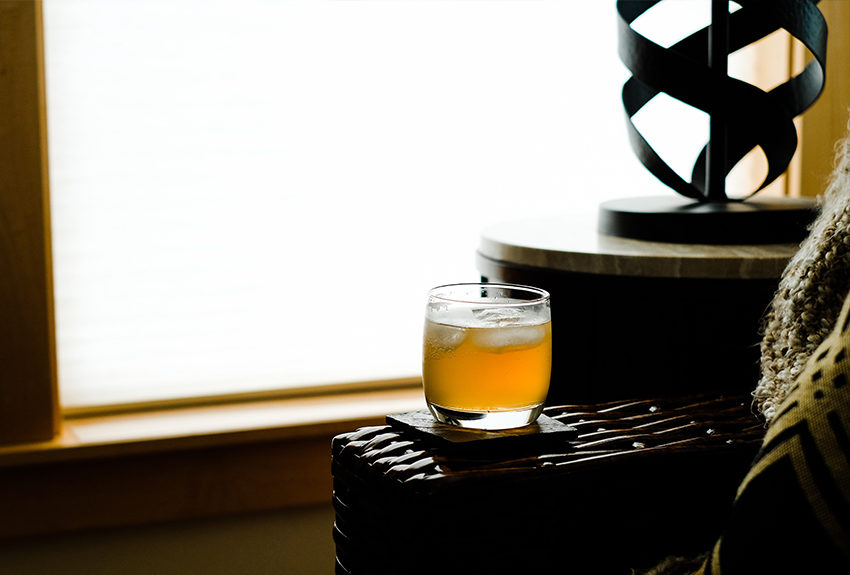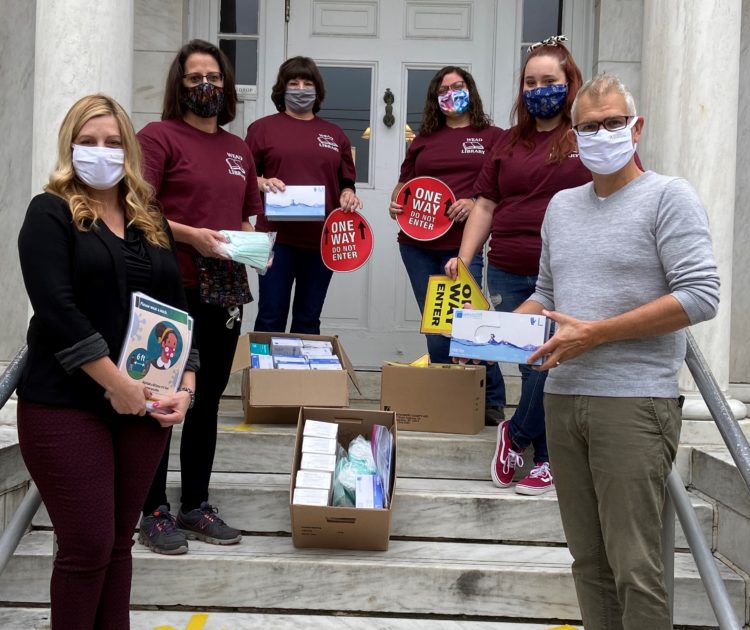As we all know too well, COVID-19 has affected our lives on so many fronts – losing employment, determining how to safely educate our children, and having limited access to family and friends to name just a few. Underlying all of these changes are additional stress, anxiety, and emotional wear we must live with daily. How we cope with those conditions varies. Some methods, like exercise, meditation, staying connected socially, adequate sleep, and a healthy diet, are highly recommended by mental health experts. But, other methods, while they may feel helpful in an immediate sense, can have negative impacts on us and those around us. One such method is alcohol use.
Alcohol use increase during COVID
Alcohol use has increased significantly during the pandemic. Online alcohol sales that provide home delivery have increased by approximately 24%, with hard liquor purchases increasing by more than 27%.1 This is consistent with past disasters such as 9/11 and Katrina, where alcohol use disorder increased due to the stress from those events.1,2 Experts are particularly concerned by (1) the increased risk to the approximately 15 million Americans already suffering from alcohol use disorder and (2) the dangerous patterns of excessive drinking among others that may linger long past the pandemic.1
Why this is concerning
People may drink more heavily and frequently to cope with stress, anxiety, and even boredom. While alcohol can temporarily lessen the brain and body’s response to stress, once it wears off those feelings can become even worse.2 Alcohol use is also known to increase the risks of cancer and liver disease and is associated with a range of mental health disorders.3,4 According to the National Institute on Alcohol Abuse and Alcoholism, alcohol-related illnesses kill more than 88,000 Americans per year, which is more than all drug overdose deaths combined.1,3 And, with respect to COVID-19, alcohol use can compromise the body’s immune system, increasing the risk of respiratory illness and making people more susceptible to contracting the virus.2,4
When and how to seek help
Knowing when to seek help for an alcohol problem is not always easy. However, if you are using alcohol to cope with difficulties in your life, then that is often an indication of an issue. Some things to watch out for are whether you:
- Lie to others or hide your drinking habits.
- Need to drink in order to relax or feel better
- Regularly drink more than you intended to or you want to quit but you can’t
- Feel guilty or ashamed about your drinking
- Drink even though you know it’s causing problems in your life5
While in-person treatment is unavailable or not as readily available as it was due to the need for social distancing, treatment can still be obtained. During the pandemic, treatment providers have taken steps to significantly increase their capacity to provide treatment through telehealth services. These services are available through phone or video and include both individual as well as group therapy. Additionally, Medicaid, Medicare, and private insurers have expanded their benefits to cover telehealth services.
If you or a loved one is struggling with alcohol use, we are here to help. We offer a full range of substance use disorder treatment, including individual and group therapy, skill-building, family services, and more. Just call us at 518-483-3261. If you need more immediate help or feel like you or a loved one is in crisis, please contact our 24-hour Crisis Hotline at (518) 483-3261 or (518) 891-5535.


 Previous Post
Previous Post


